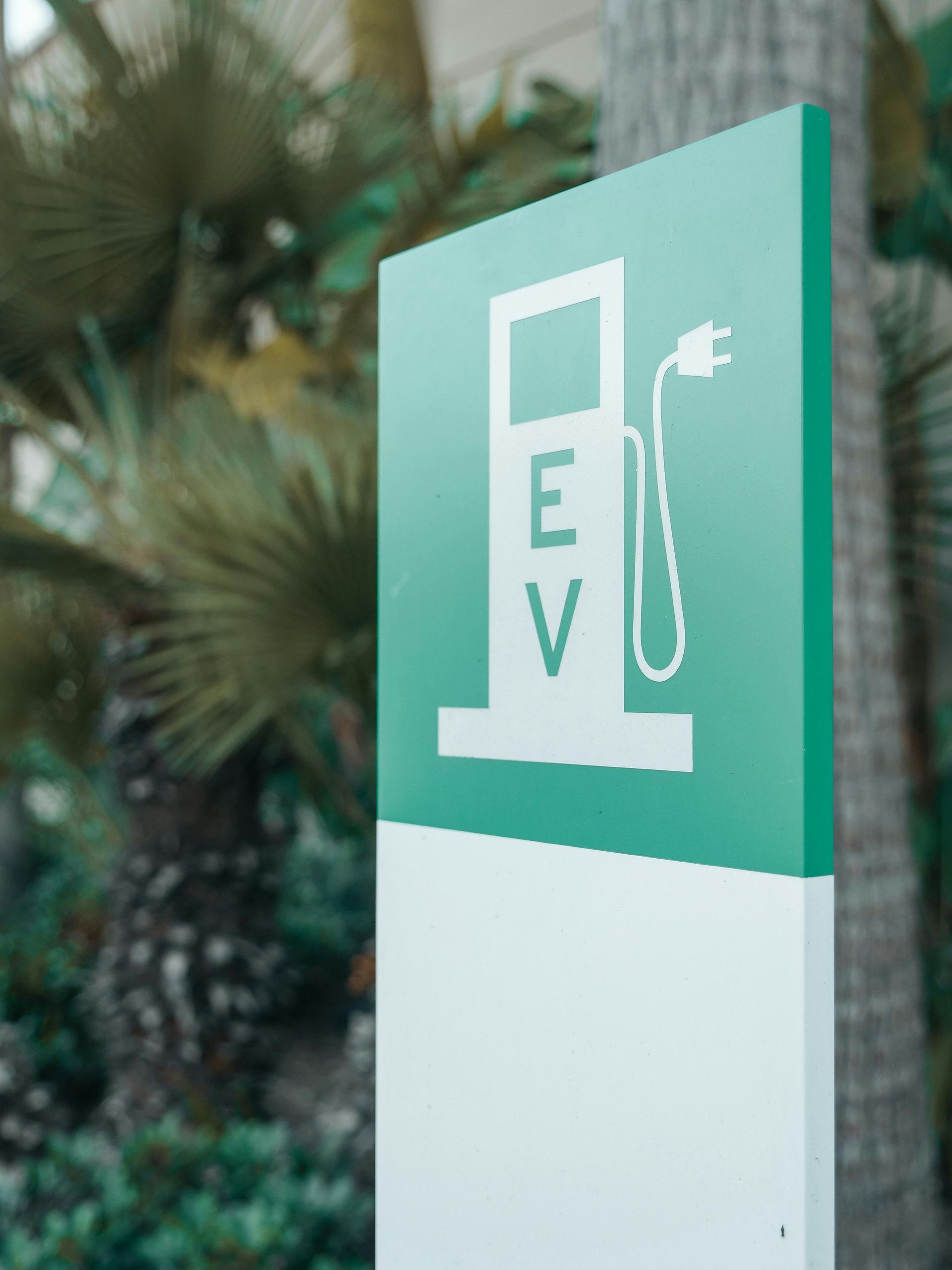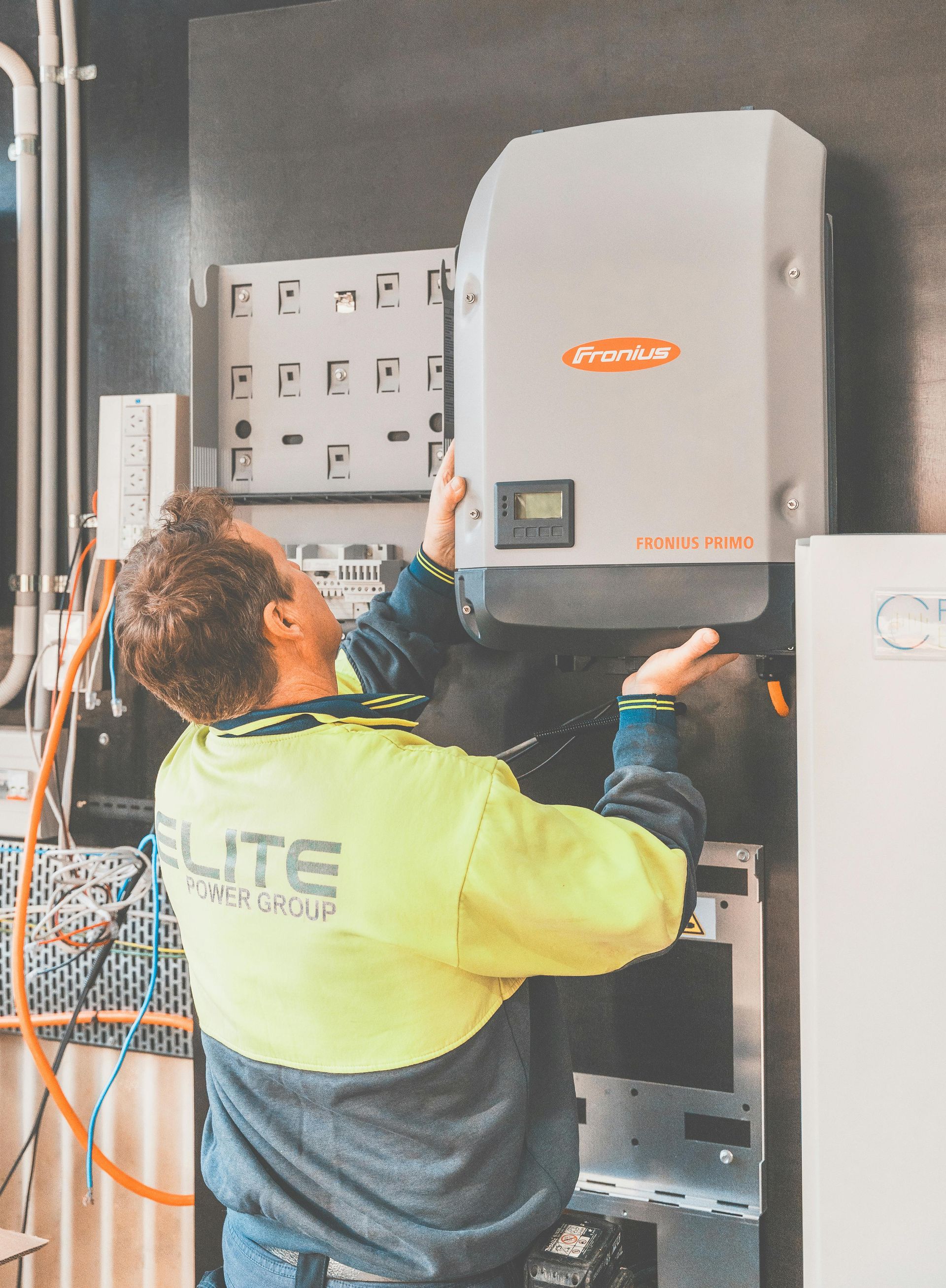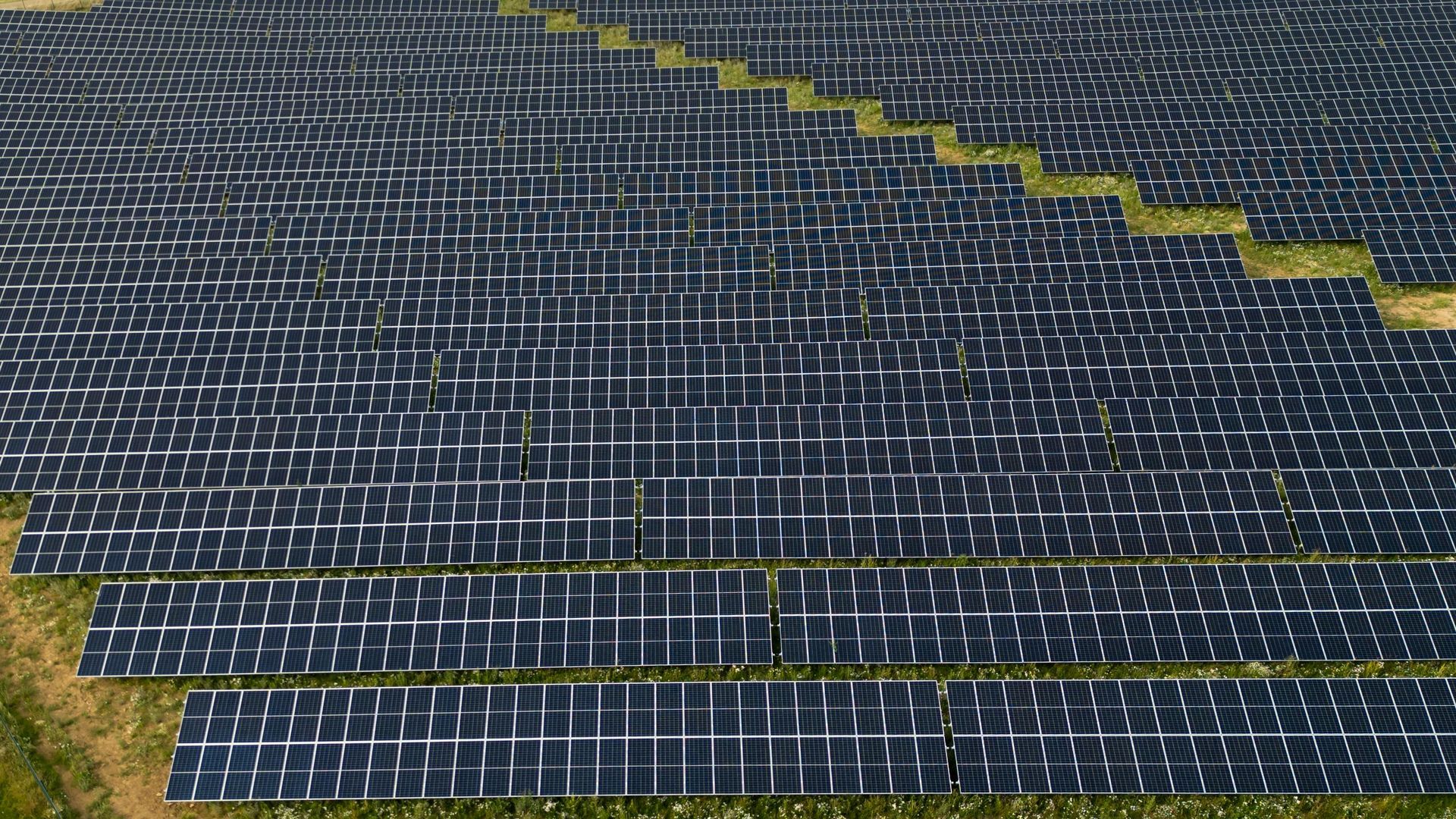
Rethinking EV Charging: Smarter Infrastructure for a Data-Driven Future
As electric vehicles (EVs) continue to reshape the transportation landscape, the conversation is evolving beyond just adoption. Today, the focus is on what comes next: smarter infrastructure, innovative financial models, and seamless experiences for both everyday drivers and commercial fleet operators.
In a recent conversation with [Insert Name or Role], we explored how the next generation of EV charging isn’t just about putting more stations on the map—it’s about building a resilient, data-driven ecosystem that unlocks value at every level.
Monetizing Carbon Credits: Turning Sustainability Into ROI
One of the most promising frontiers is the monetization of carbon credits. As companies electrify their fleets and invest in clean energy infrastructure, they’re not only reducing emissions—they’re generating measurable environmental value.
By leveraging verified carbon credits, organizations can offset emissions, enhance ESG performance, and even create new revenue streams. For fleet operators, this changes the game: sustainability becomes not just a compliance requirement, but a strategic financial asset.
Tailored Charging Experiences for Diverse User Groups
A one-size-fits-all approach to EV charging won’t cut it in a world where needs vary widely between a daily commuter and a logistics fleet operator. The future lies in customization.
For individual drivers, that might mean user-friendly mobile apps, predictive availability, and flexible payment options. For commercial fleets, it means dedicated charging hubs, load balancing, and integrated data reporting that aligns with fleet management systems.
The key is creating charging experiences that are intuitive, efficient, and adapted to each user's needs—whether they’re managing a delivery route or commuting to work.
The Power of Data-Driven Infrastructure
The EV charging network of the future will be powered by more than just electricity—it will be powered by data.
Smart charging stations equipped with sensors and analytics capabilities will enable:
- Predictive maintenance to minimize downtime
- Real-time energy optimization based on grid demand
- Usage analytics to inform future infrastructure planning
- Fleet performance insights to reduce costs and improve reliability
By integrating EV charging into broader energy and operational systems, businesses can make smarter decisions—reducing costs, increasing uptime, and maximizing ROI.
Reliability is the New Priority
As EV adoption scales, reliability will define the user experience. Stations must be available when needed, functioning flawlessly, and integrated with support systems that can respond quickly to any issues.
For commercial users especially, downtime isn’t just an inconvenience—it’s a threat to business continuity. That’s why next-gen EV infrastructure must be built with durability, serviceability, and real-time monitoring in mind.
The Road Ahead
EVs are here to stay—but the infrastructure surrounding them is still maturing. By embracing smart technology, monetizing sustainability efforts, and prioritizing the user experience, we can build a charging ecosystem that’s ready for the demands of the future.
Whether you're an individual driver or managing a commercial fleet, the goal is the same: a seamless, reliable, and intelligent charging experience that works every time you plug in.
Want to learn more about building smarter EV infrastructure or monetizing your sustainability efforts?
Let’s start a conversation.












